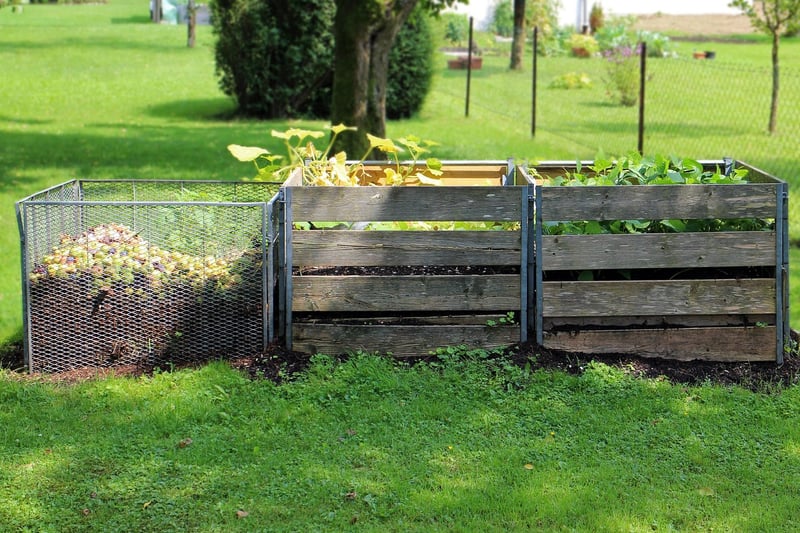Composting FAQs
Sustainable Waste Management and Composting FAQs
What is Sustainable Waste Management?
Sustainable waste management is the process of reducing, reusing, and recycling waste to minimize its impact on the environment. It involves practices that aim to reduce waste generation and promote resource conservation.
Why is Sustainable Waste Management Important?
Sustainable waste management is important because it helps reduce pollution, conserve natural resources, and minimize the negative impact of waste on the environment and public health. It also plays a crucial role in mitigating climate change by reducing greenhouse gas emissions.
What is Composting?
Composting is a natural process that breaks down organic waste, such as food scraps and yard waste, into a nutrient-rich soil conditioner. It is a sustainable way to manage organic waste and reduce the amount of waste sent to landfills.
How Does Composting Benefit the Environment?
Composting benefits the environment by reducing the production of methane gas in landfills, improving soil health, and reducing the need for chemical fertilizers. It also helps conserve water and reduce greenhouse gas emissions.
What Can I Compost?
You can compost fruit and vegetable scraps, coffee grounds, eggshells, yard waste, and other organic materials. Avoid composting meat, dairy, and oily foods as they can attract pests and slow down the composting process.
How Do I Start Composting at Home?
- Choose a composting method that suits your space and lifestyle, such as backyard composting, vermicomposting (composting with worms), or using a compost tumbler.
- Collect organic waste in a compost bin or pile, ensuring a good balance of green (nitrogen-rich) and brown (carbon-rich) materials.
- Turn or aerate the compost regularly to provide oxygen for the decomposition process.
- Monitor the moisture levels of the compost to ensure it is damp but not waterlogged.
- Once the compost is dark, crumbly, and earthy-smelling, it is ready to use in your garden as a natural fertilizer.
Benefits of Sustainable Waste Management and Composting
- Reduces landfill waste and greenhouse gas emissions
- Conserves natural resources and reduces pollution
- Improves soil health and promotes sustainable gardening practices
- Engages communities in environmental stewardship and promotes a greener lifestyle
Start incorporating sustainable waste management practices and composting into your daily routine to make a positive impact on the environment and contribute to a more sustainable future!

Image source: Pixabay
